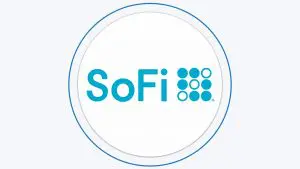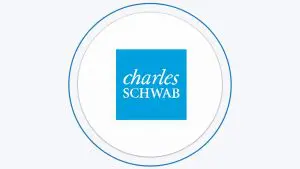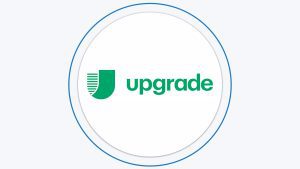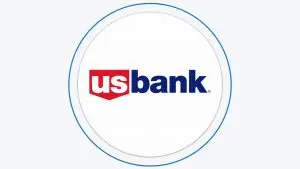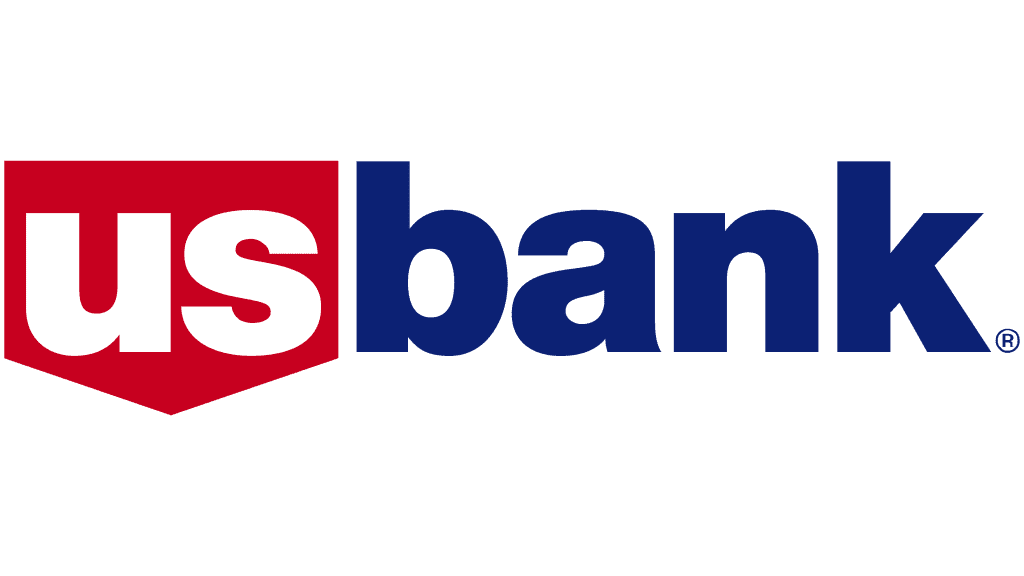Table Of Content
What Is A Personal Check?
A personal check is a written document that authorizes the transfer of a specific amount of money from the bank account of the person who writes the check (the “drawer”) to the bank account of the person or entity named on the check (the “payee”).
Personal checks are typically used as a form of payment to individuals or businesses for goods or services, and can be used to pay bills, make purchases, or transfer money to another person. When writing a personal check, the drawer typically fills in the name of the payee, the date, the amount of the payment (in both numerical and written form), and signs the check.
The drawer's bank account information, including the bank routing number and the account number, is also included on the check. The payee can then deposit the check into their own bank account, and the funds will be transferred from the drawer's account to the payee's account.
What Is A Cashier Check?
A cashier's check is a type of check that is guaranteed by a bank. When a person requests a cashier's check, they provide the bank with the full amount of the check, plus a fee, and the bank issues the check to the payee on behalf of the person. The bank then guarantees payment of the check to the payee, as long as the check is genuine and the payee presents it for payment within a certain period of time.
Cashier's checks are often used for large transactions, such as buying a car or a house, or for transactions in which the payee is not known personally to the person making the payment. Because the check is guaranteed by the bank, the payee can be assured that the funds will be available when they deposit the check.
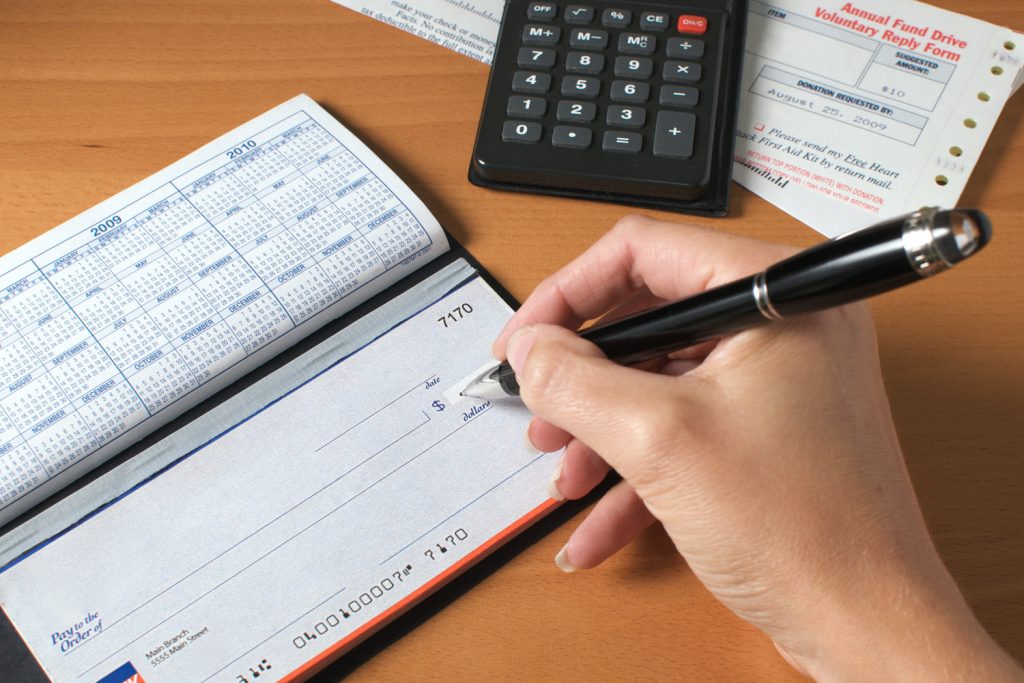
Personal Vs. Cashier Check: What Are The Differences?
There are several differences between personal checks and cashier's checks. Here are some of the main differences:
-
Guarantees
A personal check is not guaranteed by the bank, while a cashier's check is guaranteed by the bank.
When a person writes a personal check, the funds are drawn from their personal account and there is no guarantee that the check will be honored if there are insufficient funds in the account.
In contrast, a cashier's check is guaranteed by the bank, so the payee can be confident that the funds are available.
-
Fees
There may be fees associated with obtaining a cashier's check, while there are usually no fees associated with writing a personal check.
-
Availability of Funds
Since personal checks are usually written on a lower amount, they usually clear faster compared to cashier checks.
Naturally, as long as the amount is higher, the bank takes more security steps to ensure the funds are transferred to the correct person.
Overall, both types should be cleared in 1-3 business days.
Personal Vs. Cashier Check: What Are The Similarities?
Here are some similarities between personal checks and cashier's checks:
They are both forms of payment that can be used to transfer money from one person or entity to another.
They both require the signature of the person who is authorizing the transfer of funds.
They both include the name of the payee, the date, and the amount of the payment.
They both have the potential to be used fraudulently, so it is important to be cautious when accepting either type of check as payment and to verify that the check is legitimate before depositing or cashing it.
Top Offers From Our Partners
Is A Personal Check Cheaper Than A Cashier’s Check?
In general, a personal check is usually less expensive than a cashier's check, as there are typically no fees associated with writing a personal check. However, there may be fees associated with a personal check if the account has insufficient funds to cover the check, as the bank may charge an overdraft fee or a non-sufficient funds (NSF) fee.
On the other hand, there are typically fees associated with obtaining a cashier's check, which can vary depending on the bank and the amount of the check. The fee for a cashier's check is usually a flat fee that ranges from a few dollars to a few tens of dollars, depending on the bank. Some banks may also charge a percentage fee based on the amount of the check.
It's important to check with your bank about the fees associated with both types of checks and to factor these fees into your decision when deciding which type of check to use for a specific transaction.
Bank/Institution | Cashier Check Fee |
|---|---|
Chase | $8 |
PNC Bank | $10 |
Bank of America | $10 |
Capital One | $10 |
Discover | $0 |
Wells Fargo | $10 |
Ally Bank | $0 |
Citizens Bank | 1% ($5 minimum – $12 maximum) |
Citibank | $10 |
US Bank | $10 |
TD Bank | $8 |
Personal Vs. Cashier Check: Which One Should I Use?
The decision to use a personal check or a cashier's check depends on the nature of the transaction and the preferences of the parties involved. Here are some factors to consider when deciding which type of check to use:
You may want to use a personal check when:
The transaction is a small, everyday purchase, such as paying a friend or a small bill.
You know and trust the payee
You want to avoid paying any fees associated with cashier's checks.
You have sufficient funds in your account to cover the check.
Alternatively, there are cases when you may prefer to use a cashier's check:
The transaction is for a large amount, such as a down payment on a house or a car, and you want the security of a guaranteed payment.
You don't know or don't fully trust the payee, and you want to reduce the risk of fraud or non-payment.
The payee requires or requests a cashier's check.
The transaction involves a third party, such as a government agency or a business, and a cashier's check is required for payment.
Cashier’s Check Fraud: Things To Watch For
ashier's check fraud is a type of scam in which a counterfeit cashier's check is used to trick the victim into giving money or goods to the scammer. To avoid falling victim to cashier's check fraud, there are several things you can watch for:
Be wary of unexpected checks or checks for larger amounts than you are owed or expecting. Scammers send the victim a counterfeit cashier's check, usually for a larger amount than is owed or expected
Verify the check with the bank that supposedly issued it, using a phone number or website that you look up independently (not one provided by the scammer).
Don't wire money to someone you don't know, especially if you received a check from them. Scammers contacts the victim and tells them that there has been a mistake, and asks them to cash the check and then wire some of the funds back to the scammer or to a third party. The scammer may give you a convincing story about why they need the money or why they cannot cash the check themselves.
Wait for the check to fully clear before spending any of the funds. This can take several days, even if the bank initially makes the funds available to you. Usually, the victim may believe that the check has cleared, and may even see the funds in their account, but in reality the check is counterfeit and will eventually bounce.
Trust your gut – if something seems too good to be true or seems suspicious, it probably is.
Alternatives to Cashier’s And Personal Check
There are several alternatives to using cashier's checks and personal checks for making payments. Here are a few options:
Electronic Funds Transfer (EFT): EFT is a secure and fast way to transfer funds between bank accounts. This can be done through online banking, mobile banking, or over the phone. Both the sender and the recipient need to have bank accounts and have set up EFT with their respective banks.
Money Orders: A money order is a prepaid instrument that can be purchased from banks, post offices, or other financial institutions. The purchaser pays the full amount upfront, plus a small fee, and the money order can then be sent to the payee as payment. Money orders are often used when a payee does not accept personal checks.
Cash: Cash is a common alternative to using checks, especially for small purchases. However, carrying large amounts of cash can be risky, and cash payments do not provide the same level of record-keeping as checks or electronic transfers.
Wire Transfers: A wire transfer is a secure and fast way to transfer funds between bank accounts, usually used for larger transactions. This can be done through online banking, mobile banking, or over the phone.
Each of these alternatives has its own advantages and disadvantages, and the best option will depend on the specific transaction and the preferences of the parties involved.
FAQs
Where can I cash a personal check?
If you have a bank account or a credit union account, you can typically cash a personal check at your own bank or credit union including mobile check deposit and even on ATMs. You can also do it on check cashing stores and even retail stores such as Walmart.
How long is a personal check good for?
The length of time that a personal check is good for, or the “check expiration date,” can vary depending on the bank or financial institution that issued the check. However, in general, a personal check is good for six months from the date it was written.
How to get a cashier's check?
To get a cashier's check, you will need to visit your bank or credit union and provide the necessary documents. Once the bank has issued the cashier's check, you will need to sign it to authorize the payment and pay the associated fee.
Where can I cash a cashier's check?
You can cash a cashier's check at the bank or financial institution that issued the check. If you do not have a bank account, you can typically cash a cashier's check at a check-cashing store or retail store that offers check-cashing services.
Does a cashier's check can be voided?
A void check is a paper check with the word “VOID” written across it, indicating that it is invalid and cannot be cashed or deposited. Cashier's check can be voided, but the specific procedure varies depending on your bank and whether you have the check.






